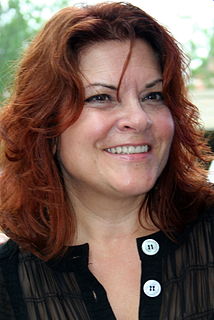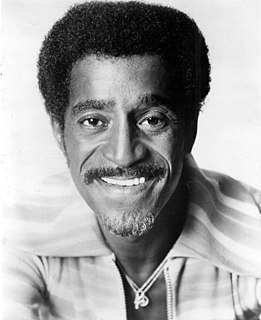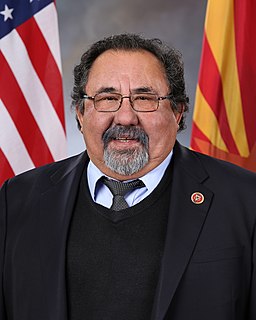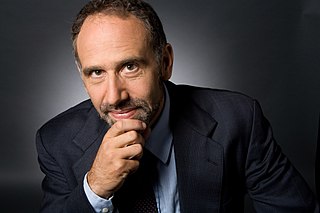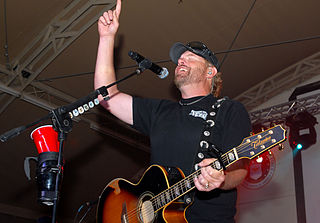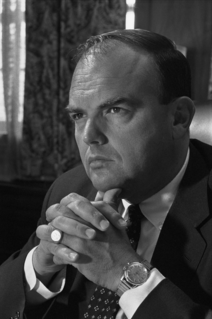A Quote by Rosanne Cash
My dad [Johnny Cash] went to the [Richard] Nixon White House and refused to sing "Welfare Cadillac" (instead performing the anti-war songs "The Ballad of Ira Hayes" and "Man in Black"). He protested the Vietnam War, but he went to perform for the troops with bombs dropping all around him. He had that kind of genius: a true artist's capacity for holding two opposing thoughts at once while being large enough to encompass all realities.
Quote Topics
Anti
Anti-War
Around
Artist
Ballad
Being
Black
Bombs
Cadillac
Capacity
Cash
Dad
Dropping
Encompass
Enough
Genius
Had
Him
Holding
House
Instead
IRA
Johnny
Kind
Large
Man
My Dad
Nixon
Once
Opposing
Perform
Performing
Realities
Refused
Richard
Sing
Songs
Thoughts
Troops
True
True Art
True Artist
Two
Vietnam
Vietnam War
War
Welfare
While
White
White House
Related Quotes
We understand that Nixon's aggression against Vietnam is a racist aggression, that the American war in Vietnam is a racist war, a white man's war...We deplore that you are being used as cannon fodder for U.S. imperialism. We've seen photographs of American bombs and antipersonnel weapons being dropped, wantonly, accidentally perhaps, on your heads, on the heads of your comrades.
The atom bomb was no “great decision.” It was used in the war, and for your information, there were more people killed by fire bombs in Tokyo than dropping of the atomic bombs accounted for. It was merely another powerful weapon in the arsenal of righteousness. The dropping of the bombs stopped the war, save millions of lives.
The elites hate to acknowledge it, but when large numbers of ordinary people are moved to action, it changes the narrow political world where the elites call the shots. Inside accounts reveal the extent to which Johnson and Nixon's conduct of the Vietnam War was constrained by the huge anti-war movement. It was the civil rights movement, not compelling arguments, that convinced members of Congress to end legal racial discrimination.
Richard Nixon was not the lesser evil, he was the greater evil, but in his administration the war was finally brought to an end, because he had to deal with the power of the anti-war movement as well as the power of the Vietnamese movement. I will vote, but always with a caution that voting is not crucial, and organizing is the important thing.
I don't think the American people had a clear picture of either Nixon or me. I think they thought that Nixon was a strong, decisive, tough-minded guy and that I was an idealist and antiwar guy who might not attach enough significance to the security of the country. The truth is, I was the guy with the war record, and my opposition to Vietnam was because I was interested in the nation's well-being.
[T]he Nixon campaign in 1968, and the Nixon White House after that, had two enemies: the antiwar Left, and black people. You understand what I'm saying? We knew we couldn't make it illegal to be either against the war or black. But by getting the public to associate the hippies with marijuana and blacks with heroin, and then criminalizing both heavily, we could disrupt those communities. We could arrest their leaders, raid their homes, break up their meetings, and vilify them night after night on the evening news. Did we know we were lying about the drugs? Of course we did.
